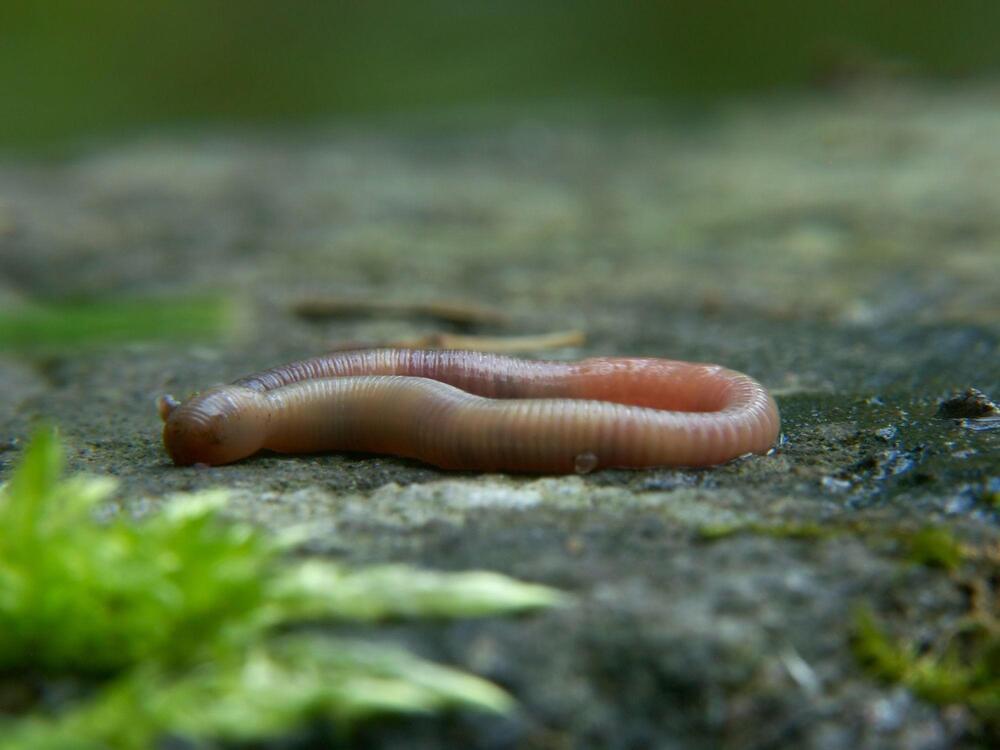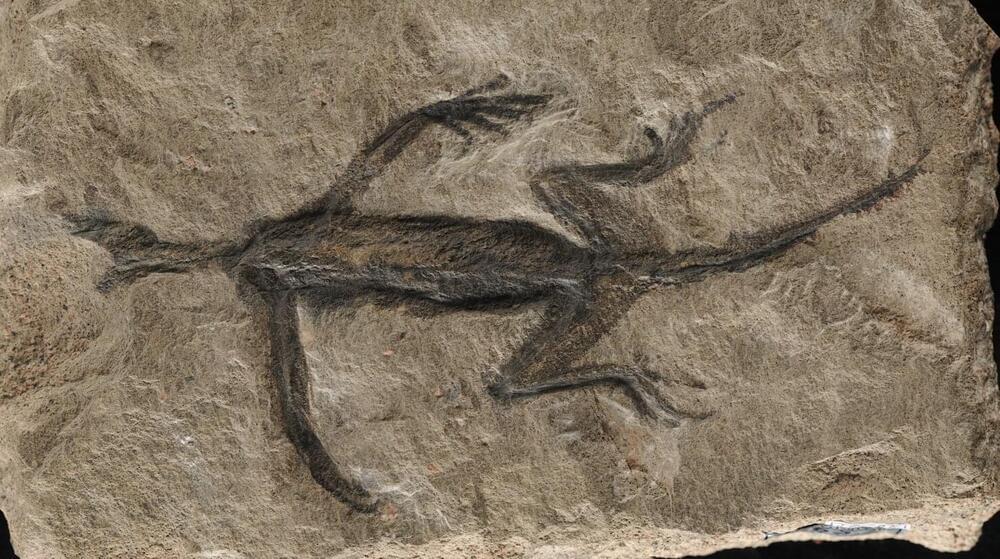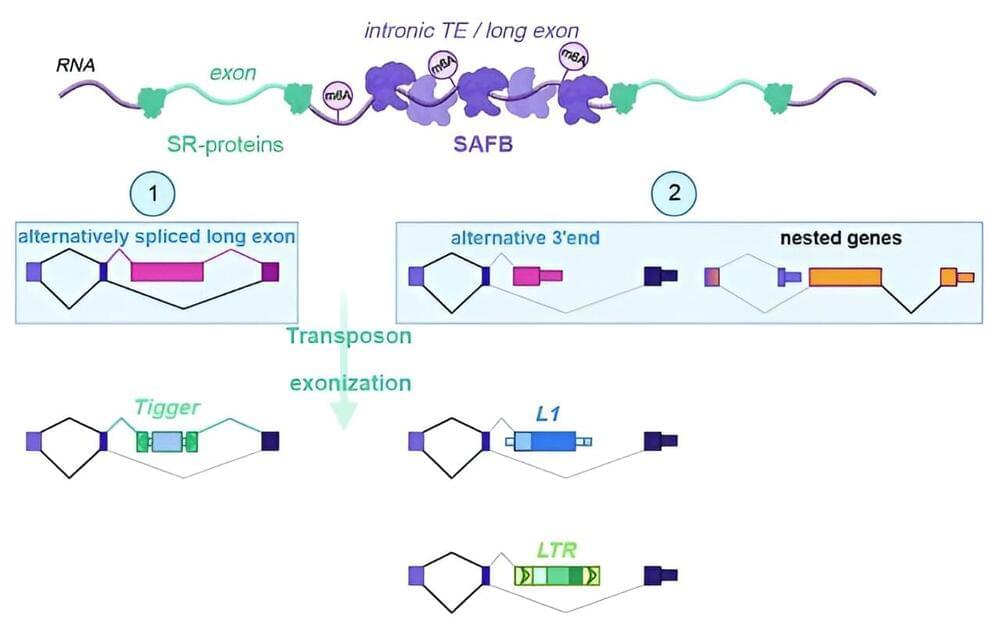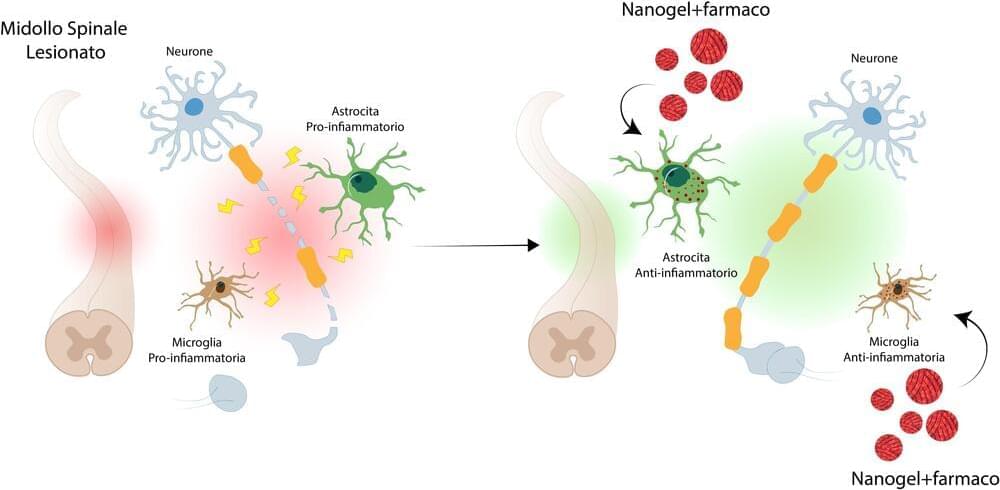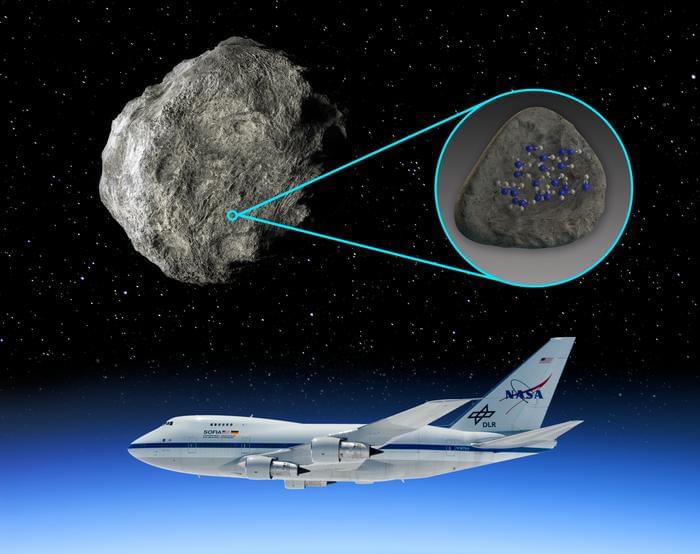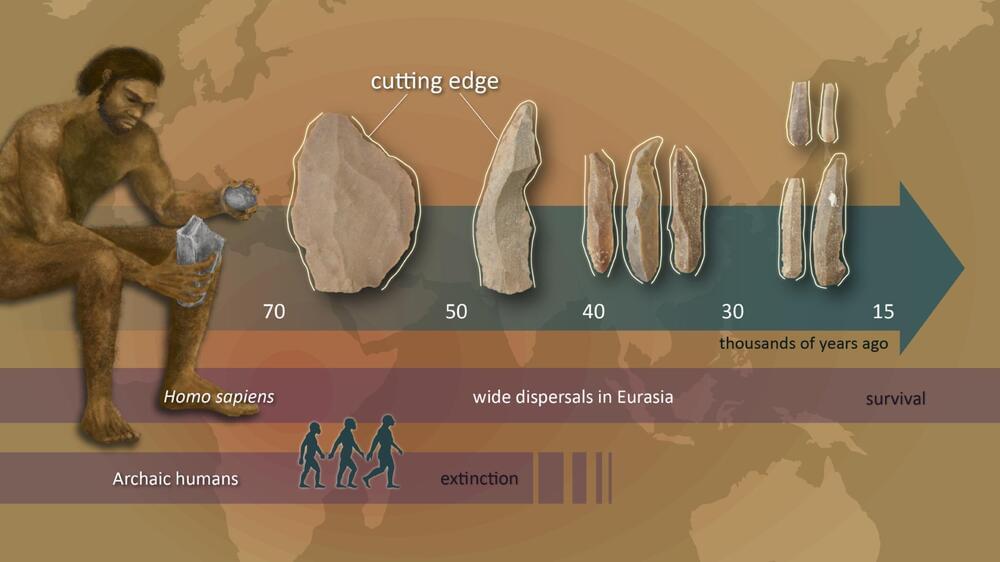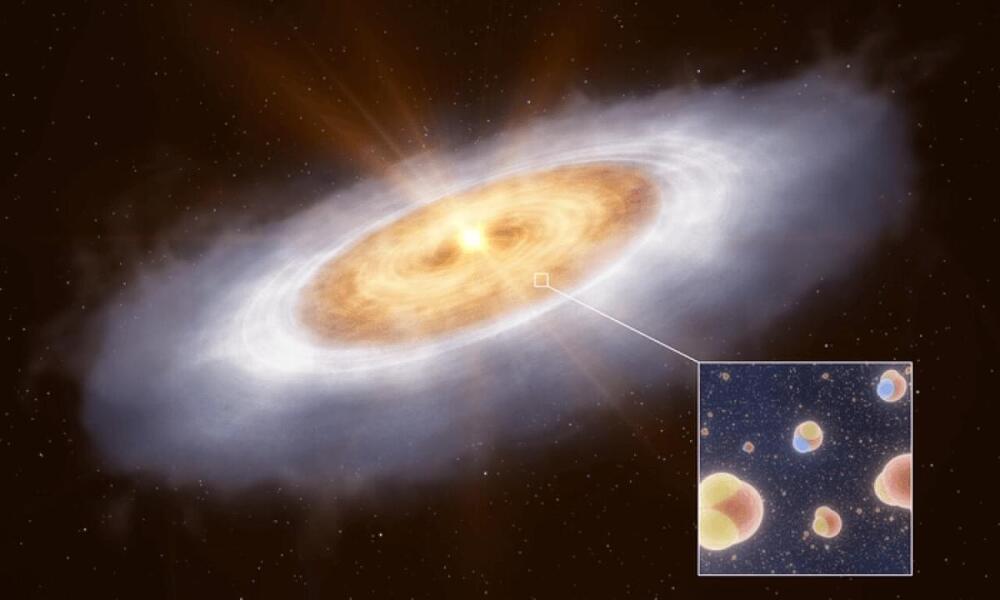An alien invasion capable of triggering catastrophic changes is underway across North America. At least 70 imported earthworm species have colonized the continent, and represent a largely overlooked threat to native ecosystems, according to a new study by researchers at Stanford University, Sorbonne University, and other institutions.
The analysis, recently published in the journal Nature Ecology & Evolution, provides the largest-ever database of such earthworms and warns of the need to better understand and manage the invaders in our midst.
“Earthworms tell the story of the Anthropocene, the age we live in,” said study senior author Elizabeth Hadly, the Paul S. and Billie Achilles Professor in Environmental Biology in the Stanford School of Humanities and Sciences. “It is a story of global homogenization of biodiversity by humans, which often leads to the decline of unique local species and the disruption of native ecosystem processes.”
